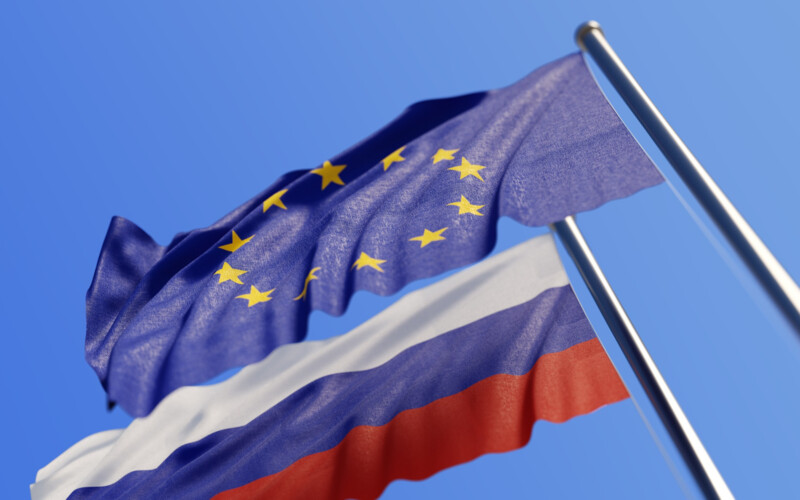Les entreprises françaises et européennes, qui ont contracté des prêts auprès de banques russes et qui souhaitent rompre leur relation avec ces prêteurs, sont dans une impasse. En effet, la situation se complique au fur et à mesure que les sanctions tombent dans le cadre de la guerre en Ukraine. Tour d’horizon de leurs difficultés avec les banquiers.
Des difficultés de remboursement
Le déclenchement de la guerre en Ukraine complique la situation des entreprises européennes qui avaient auparavant contracté des prêts auprès de banques russes. Bloomberg estime que le montant de ces crédits représente 22 milliards de dollars.
Concrètement, ces entreprises disposent d’options limitées : se tourner vers un prêteur non russe ou rembourser leurs emprunts. Certaines sociétés y sont pourtant parvenues dont fait partie Veon. La société de télécommunications néerlandaise a déclaré en mars dernier avoir remboursé par anticipation un prêt de 30 milliards de roubles russes, soit près de 224 millions de dollars, au créancier russe VTB Bank. Veon a également décidé de mettre un terme à la facilité bancaire afin de se conformer aux sanctions applicables en Russie.
Les entreprises européennes actives en Russie ne justifient pas toutes de capacités financières suffisantes pour pouvoir rembourser leurs prêts. Elles n’ont donc pas le choix et doivent se tourner vers un autre prêteur. Problème : la plupart des banques européennes sont sorties du territoire. Seules Raiffeisen et UniCredit sont encore présentes. Toutefois, ces établissements n’accordent plus de nouveaux financements. Seule issue de secours : solliciter une banque régionale comme Metalinvestbank ou MTS, tout en sachant que ces dernières ont des capacités plus faibles.
Le coût du crédit en forte hausse
En plus du risque de sanctions, les entreprises étrangères en Russie doivent faire face à une explosion du coût du crédit. Depuis le début de la guerre, la Banque centrale de Russie a augmenté ses taux de 9,5 % à 17 %. Conscientes que les sanctions sont susceptibles de se durcir davantage dans les prochains mois, de nombreuses entreprises anticipent en réaménageant les lignes afin de contenir leur charge de remboursement.
« On fait évoluer leur maturité, on cale les remboursements à la fin du crédit », explique un responsable de financement du groupe « Ukraine » de l'Association française des trésoriers d'entreprise (AFTE) au journal Les Echos.
De leur côté, les banques russes qui, au départ, cherchaient à augmenter leurs capacités de prêts auprès des entreprises européennes pour les inciter à maintenir leur activité sur le territoire n’ont plus vraiment le choix. Certaines ont même décidé de mettre fin aux crédits accordés aux entreprises « appartenant à un pays non-amical ».
Enfin, la situation impacte également les nouvelles lignes de crédit qui sont toujours en attente. Les entreprises qui sont confrontées au retrait de leur banque européenne doivent s’orienter vers une banque russe en prenant soin de vérifier quelles sont les activités couvertes par des sanctions.
